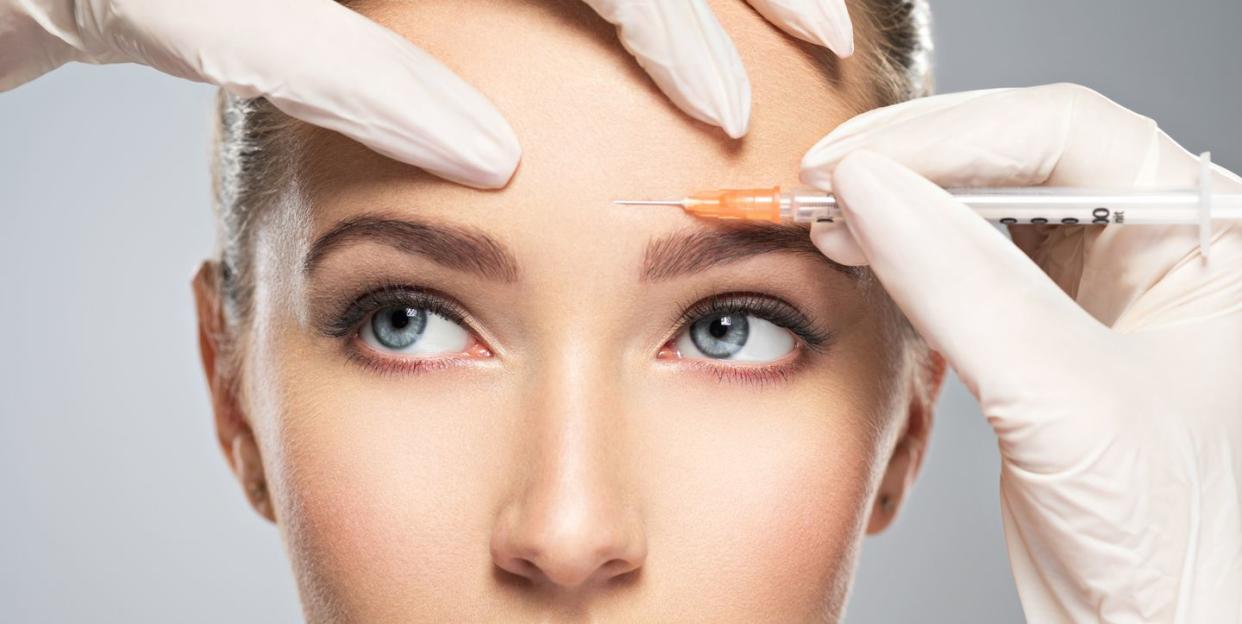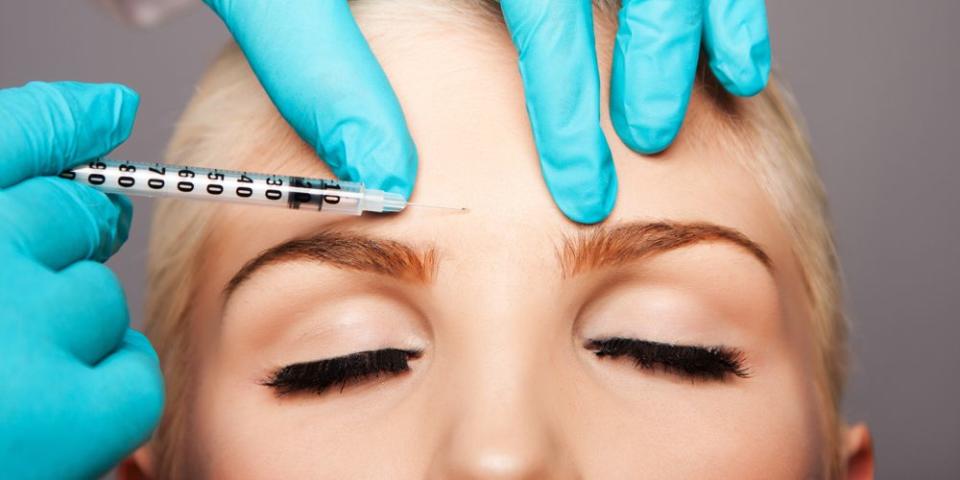The important reason why Superdrug's cosmetic injectables will involve a mental health check

Last year, Superdrug announced that they were introducing cosmetic injectables (such as dermal fillers) into their flagship London store as part of their new Skin Renew Service. Unsurprisingly, the new service received mixed reviews, with many worrying that the cheap prices (starting from just £99) and increased accessibility, would influence more younger people to have the treatments.
NHS doctors echoed these concerns and have now suggested that mental health checks should be part of the service. In a report carried out by the BBC, doctors criticised the Skin Renew Service, warning that cosmetic injectables should not be seen as 'causal beauty treatments' - which is likely to happen if they're available on the high street.
Professor Stephen Powis, Medical Director of NHS England, contacted Superdrug to let them know his concerns. He stressed that 'pressures on young people's mental health are greater than they ever have been,' and that the lack of regulation on cosmetic surgery has left vulnerable people exposed to unsafe practices.

Before implementing the service, Superdrug made sure that certain rules were in place. Treatments are only available to clients over 25 and they must partake in an hour-long consultation, which includes a mandatory mental health assessment.
However, the mental health questions were not considered to be rigorous enough and so, according to the Guardian, after further discussion between the NHS and Superdrug, a new questionnaire was implemented, one that looks to pick up on those suffering from body dysmorphic disorder.
Body dysmorphic disorder (BDD) is an anxiety-related mental health disorder associated with body image. Sufferers become fixed upon certain 'flaws,' often going to great lengths to alter them through cosmetic procedures, yet are still unsatisfied with the results. BDD affects roughly 2% of the population, but is more common in women, adolescents and young people, and it can often become so debilitating that it causes depression.

Superdrug's new questionnaire will asses patients anxiety levels, in relation to the way they look and how much they want to change their appearance. If the nurse feels that their patient is showing signs of BDD they can refer them to seek support from mental health charity Mind.
'It is important that these measures are in place to protect such individuals from potentially damaging and unnecessary procedures,' stressed BDD Foundation's, Kitty Wallace. 'Although their anxiety might reduce temporarily, they will often find themselves fixating on another part of their body that they want to change.'
For more information on Body Dysmorphic Disorder, visit the bddfoundation.org. If you are struggling with any of the symptoms of BDD, please visit your GP.
Follow Gabrielle on Instagram.
You Might Also Like


